
You’re enjoying a hydrating slice of watermelon on a sizzling summer’s day when you notice your dog looking up at you with expectant eyes. Naturally, you wonder, “Can dogs eat watermelon?”
Good news, pups. Watermelon is one of several fruits dogs can enjoy in moderation, but there are some precautions to keep in mind. We spoke with two veterinarians to get all the juicy details about watermelon for dogs and how to safely feed this summertime delight to your four-legged pal.
Sam Meisler, DVM, is the founder of PetWellClinic.
Amy Attas, DVM, is the founder of City Pets.
Watermelon can be a healthy snack for your dog when fed safely and in moderation. Here are some reasons to consider treating your dog to an occasional piece.
“Because they're 92% water, watermelons can help keep your dog hydrated, especially as the temperature rises,” says Sam Meisler, DVM.
Watermelon is relatively low in calories—about 23 calories for half a cup of diced melon. This makes it a healthy occasional treat for dogs who need to manage their weight, explains Meisler.
According to Amy Attas, DVM, watermelon is rich in:
Before you toss your pup a piece of watermelon, there are a few important precautions to consider:
Meisler suggests feeding your dog no more than 2-3 bite-sized pieces of watermelon daily. Note that "bite-sized" will differ based on your dog's size. Watermelon should only be given as a treat, not as a main part of your dog’s diet.
Meisler adds that all treats combined, including watermelon, should make up no more than 10 percent of a dog’s daily caloric intake. This 10-percent guideline helps prevent nutritional imbalances, side effects, and adverse health effects like obesity that may result from overconsumption of food outside a dog’s regular diet.
Safely feeding watermelon to dogs involves several key steps to ensure your canine companion can enjoy this tasty treat without any negative effects. Here’s how to do it.
While certain fruits are absolute no-nos for dogs, especially grapes and raisins, there are several other dog-safe fruits dogs can enjoy in moderation. These include:
These fruits can give your pup a good dose of hydration, vitamins, and minerals. This isn’t an exhaustive list, though, so always do your research before giving your dog any new fruit (or any food) to ensure its safety.

Exploring the Different Types of Pet-Friendly Beaches
Are you looking for pet-friendly beaches? Learn about the different types of pet-friendly beaches, their locations, and tips for visiting them with your pet.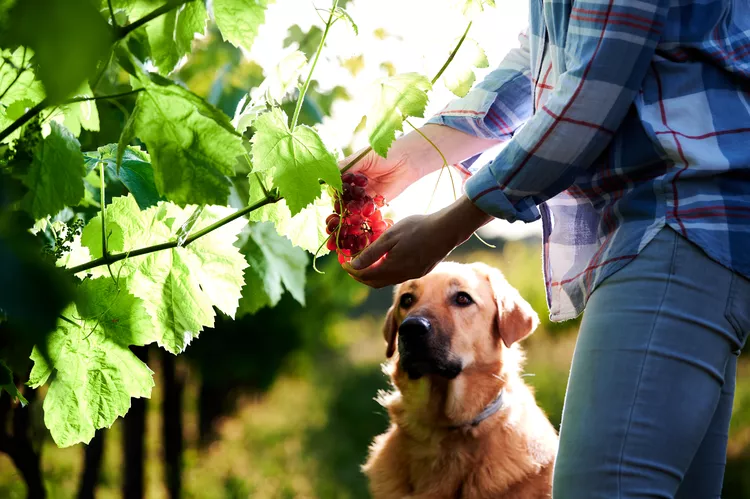
Exploring Pet-Friendly Wineries: Types, Locations, and More
Discover the different types of pet-friendly wineries, where to find them, and what to expect when you visit. Learn more with The Spruce Pets.
Why Is My Dog’s Eye Swollen?
If your dog's eye is swollen, she may need veterinary attention. The inflammation could be caused by allergies, an injury, or even a tumor.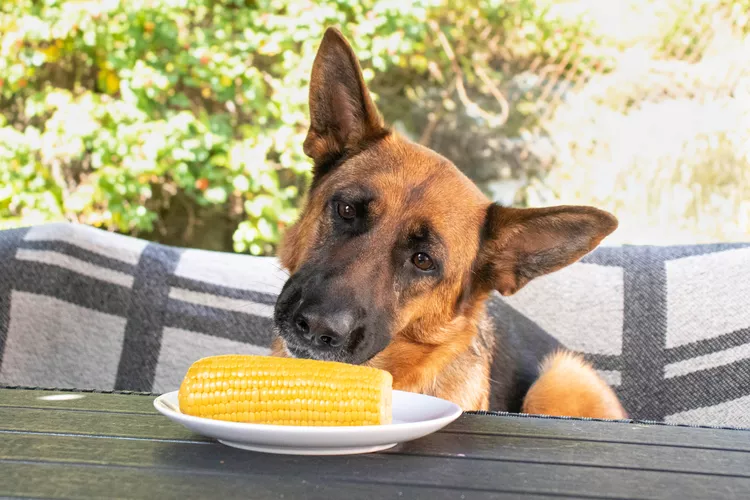
Can Dogs Eat Corn on the Cob?
Dogs love chewing on corn cobs, but this can cause serious harm. Learn about the dangers of corn cobs and find out what to do if your dog eats one.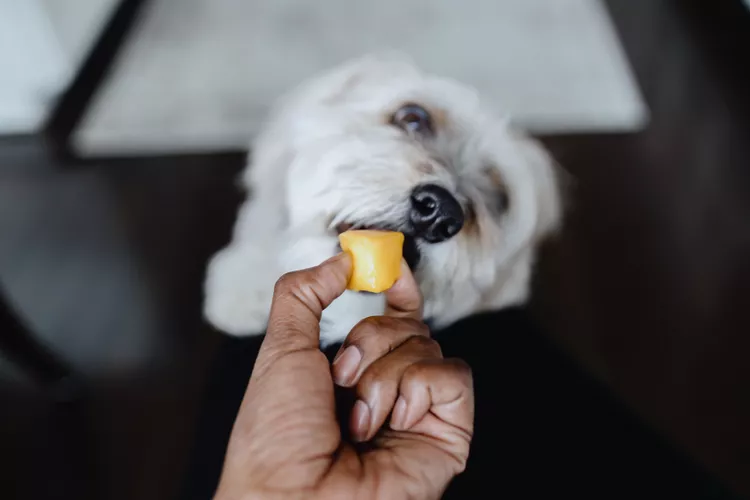
Can Dogs Eat Papaya? What to Know About Sharing This Tropical Fruit With Your Pup
Papaya is safe for dogs in moderation, and it can even provide some nutritional value for them. However, too much can cause digestive upset, and it's not suitable to share with dogs with certain health conditions.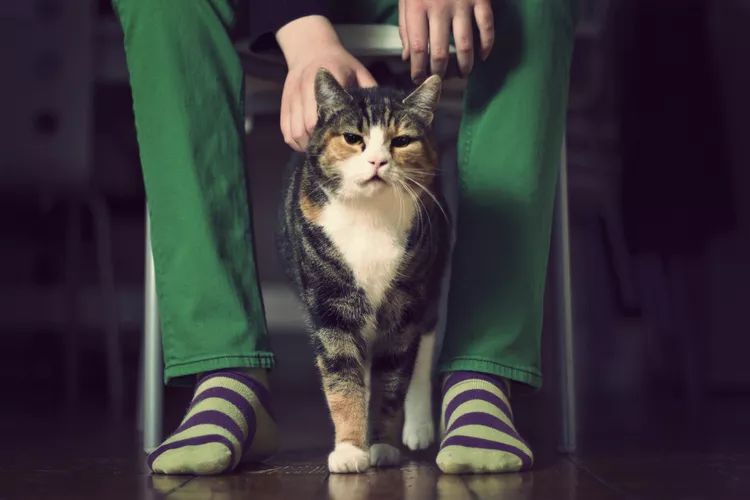
65 Irish Cat Names
Irish cat names can pay homage to historical places, local cuisine, famous Irish actors and musicians, or other wonderful aspects of the Emerald Isle.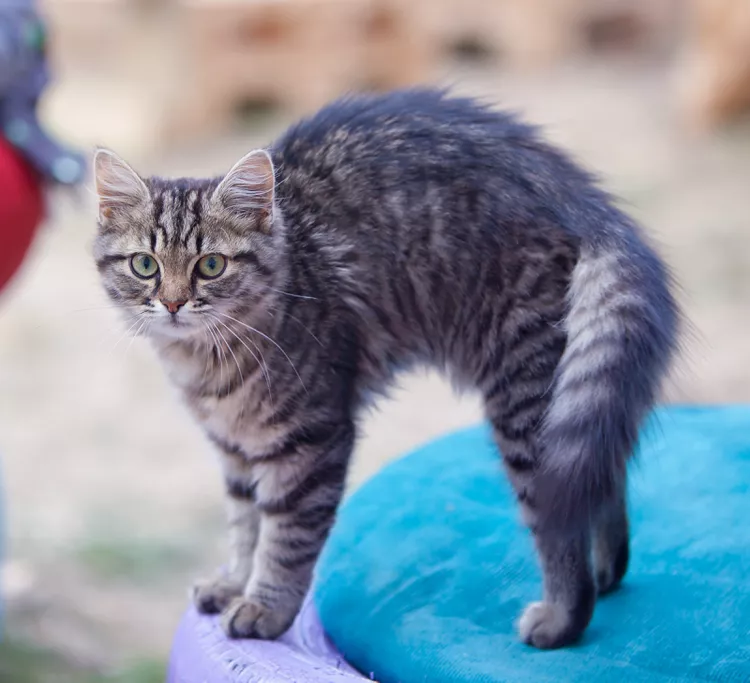
Feline Hyperesthesia Syndrome (FHS) in Cats
Rippling skin is more than dermal sensitivity in cats. It can be a sign of Feline Hyperesthesia Syndrome. Learn the causes, treatment, and prevention.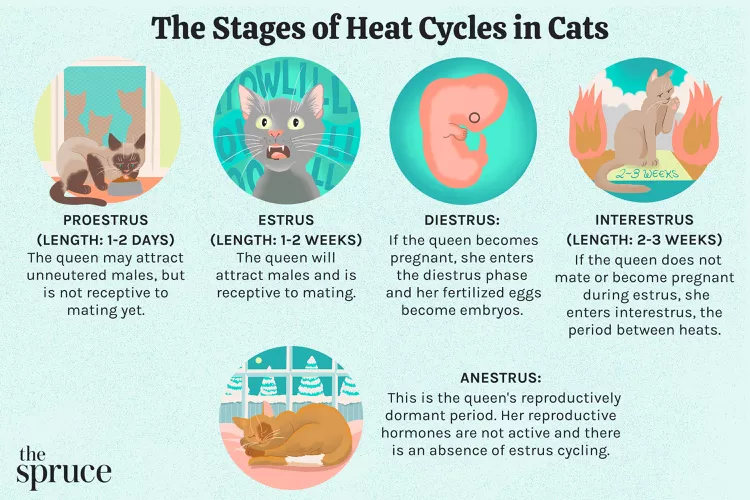
How Long Are Cats in Heat?
How long are cats in heat? Learn about the heat cycles of cats, also called estrus, as well as the reasons you should spay your cat.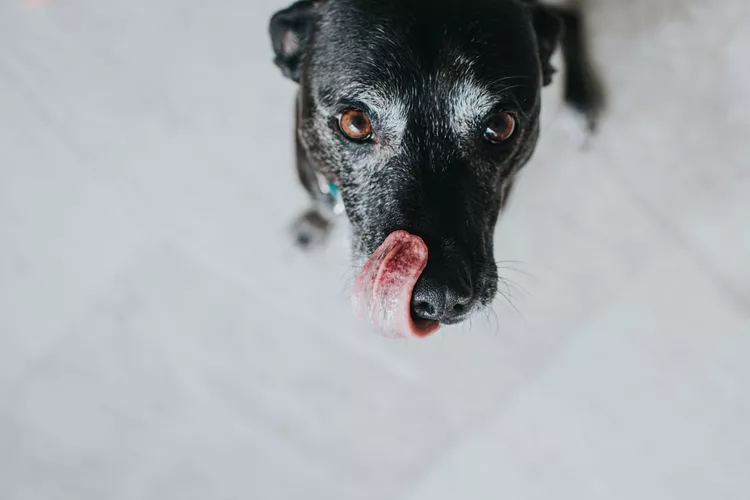
Can Dogs Eat Raw Chicken Feet?
What are the potential health benefits of chicken feet for dogs? What are the risks?
Is Eucalyptus Safe for Cats?
Many products containing eucalyptus are not safe for cats, and it is important to be aware of the risks to your cat.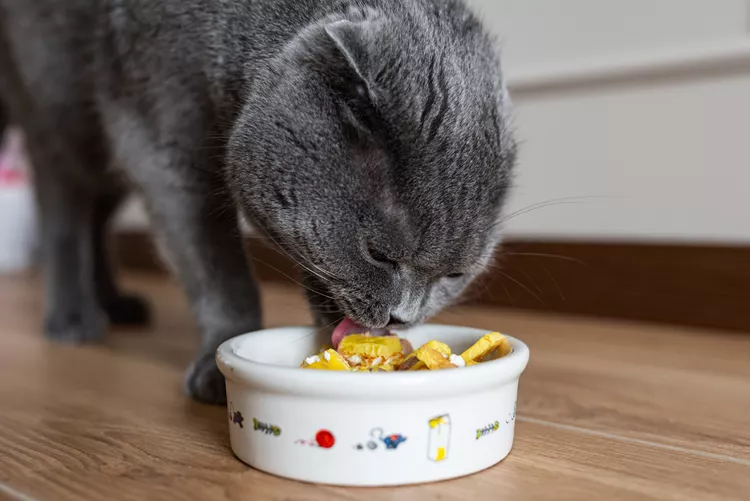
What You Need to Know About Homemade Cat Food
If you want to cook for your cat, make sure to read about the risks associated with homemade diets for cats
Can Cats Eat Peanut Butter?
Peanut butter is not toxic to cats, but it might not be the best choice of treat for them.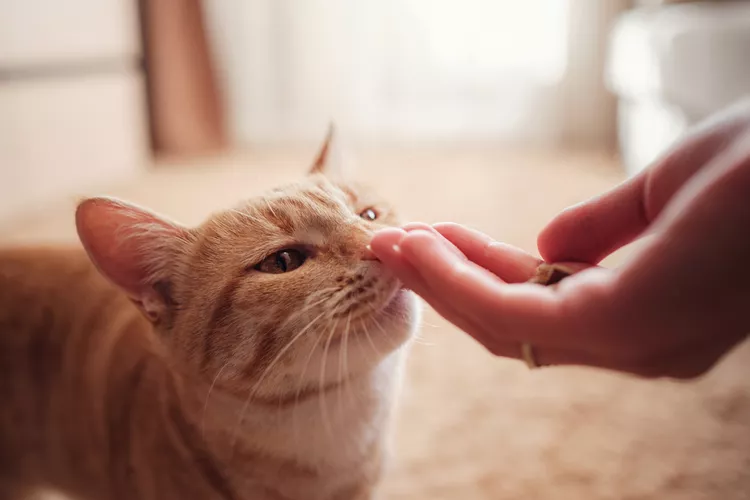
Can Cats Eat Cheese?
Can cats eat cheese? Is it healthy for them? How much can they eat and what should you do if you fear your cat has eaten too much cheese?
8 Flat-Faced Cats with the Cutest Smooshed Faces
These flat-faced cat breeds have a distinct and adorable appearance. Learn about their origins and traits, and the potential health risks tied to their unique facial structures.
Pictures and Facts About Bengal Cats and Kittens
Bengal cats are a cross between wild cats and domestic cats. Learn more about what they look like and pictures of this beautiful spotted breed.
Top 10 Big House Cats
Larger cat breeds, like Maine coons and savannahs, deserve just as much love as their petite counterparts. These big house cats tip the scales.
Cairn Terrier: Dog Breed Characteristics & Care
The cairn terrier is a spunky, affectionate, and intelligent dog from Scotland. The breed became famous when one played Toto in The Wizard of Oz. Learn about the temperament, history, health, and care needs of the cairn terrier dog breed.
Reasons Why Dogs Grind Their Teeth
Some dogs grind their teeth. Learn why dogs grind their teeth and if it can be harmful. Find out what to do about teeth grinding in dogs.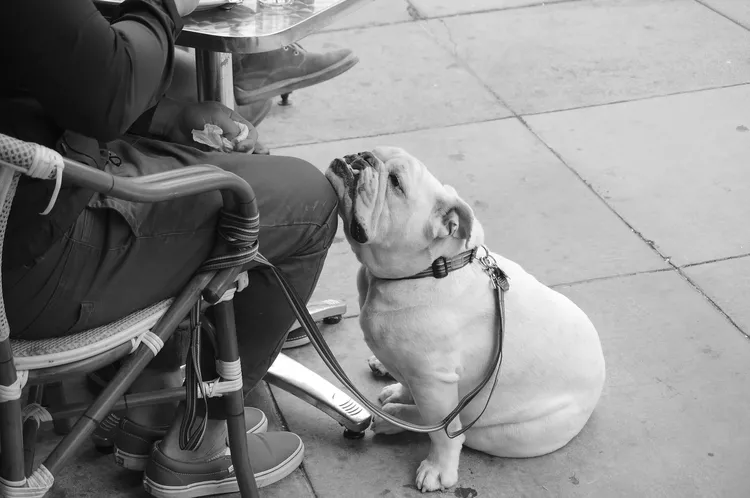
This Is Why Some Dogs Lean on People
Certain dogs really love leaning on their humans. What does this mean? Find out why dogs lean on people and if this is ever a problem.
Can Dogs Get Depression? How to Help Your Sad Dog
Can dogs get depression? Learn about the signs of depression in dogs and find out how to help your sad dog.